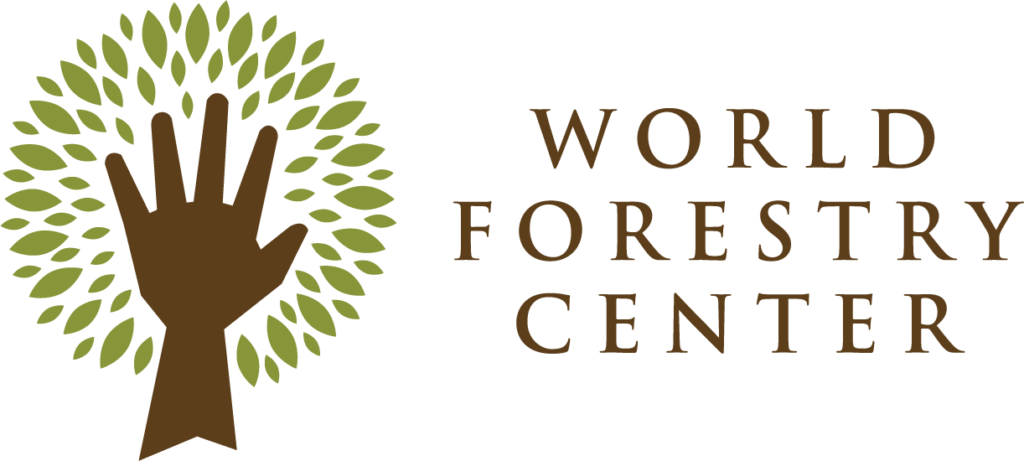Community Leaders and Experts Talk Full Impacts, Real Solutions
An emerging coalition of community leaders and experts gathered on Wednesday, April 14 for the first panel of “Adapting to the Era of Megafires: A Community & Expert Summit on Catastrophic Wildfire in Oregon and Beyond,” a 5-part virtual summit convened by World Forestry Center.
“Severe wildfires have become more than just an ecological or economic issue–they are now a social issue.” said Joseph Furia, Executive Director of World Forestry Center. “With larger and larger wildfires coming out of the forests and into our communities year after year, we’re seeing Oregonians from all walks of life speak up and call for action. We want to amplify those voices.”
World Forestry Center is convening representatives from this broadening coalition in a virtual wildfire summit focused on the Oregon example. Matt Donegan (chair of the Oregon Governor’s Council on Wildfire Response) is joined by community leaders Charles Wilhoite (Board Member at NW Natural, Legacy Health, The Nature Conservancy and Meyer Memorial Trust) and Katrina Holland (Executive Director at JOIN and Board Member at Oregon Consumer Justice), to host the series of virtual talks.
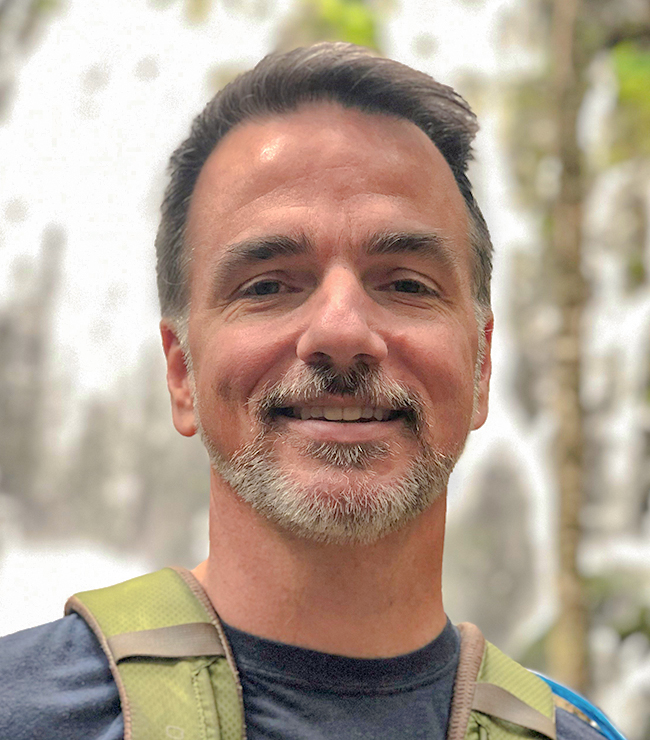
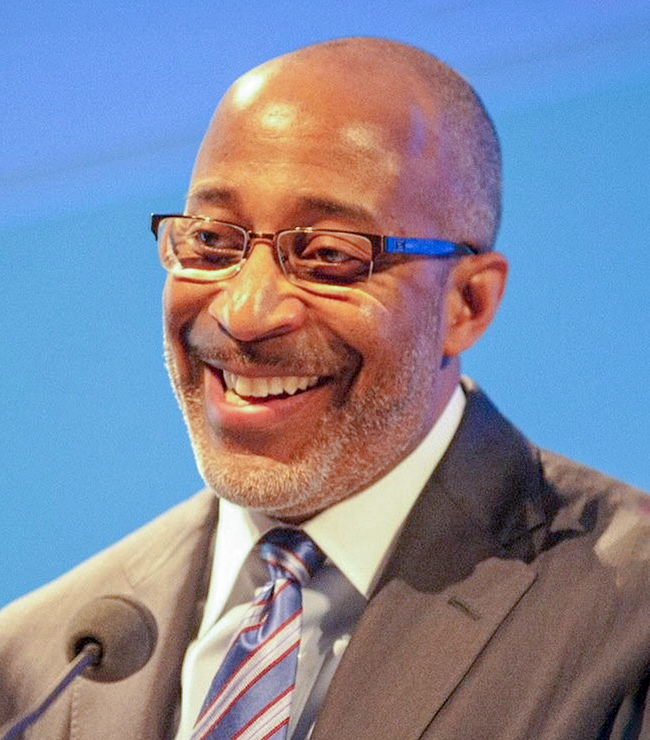
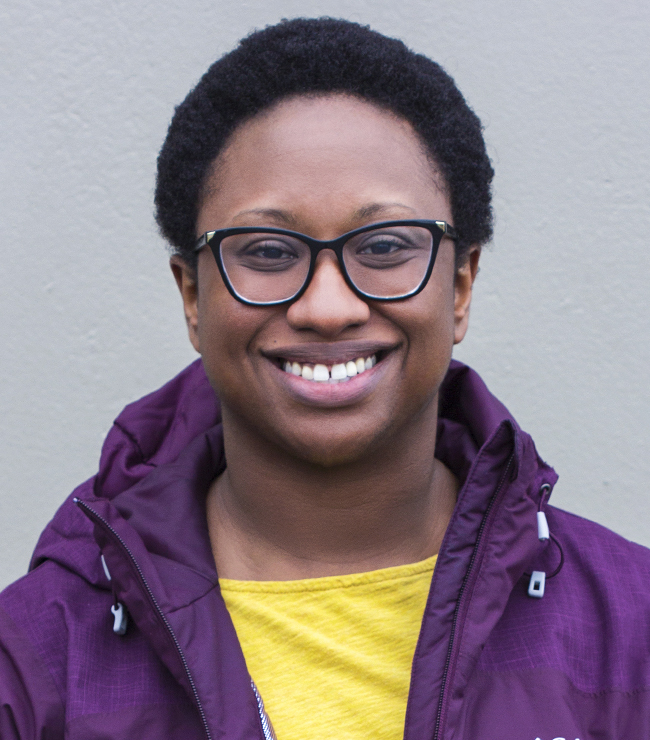
“We have an obligation to be proactive about wildfire. We have no choice. Because if we don’t, we just can’t afford it. None of us can afford it,” said Holland. “I think about all the other programs that are compromised when we don’t prioritize addressing wildfire.”
“Like many of the impacts of climate change, catastrophic wildfire disproportionately impacts our most vulnerable communities who are often least represented in the wildfire conversation,” said Donegan. “We owe it to all Oregonians, but especially to those communities, to turn the Council’s recommendations into meaningful action on the ground.”
“Catastrophic wildfire impacts all of us,” said Wilhoite, “and each of us needs to get educated and encourage our community and our elected officials to engage on this issue.”
The panel discussion, the first in the five-part summit series, focused on “Understanding the Era of Megafires and the Threat Ahead,” and featured forest ecologist Dr. Paul Hessburg of the United States Forest Service, nonprofit leader Russ Hoeflich of 1,000 Friends of Oregon, and climate scientist Dr. Werner Kurz of the Canadian Forest Service.
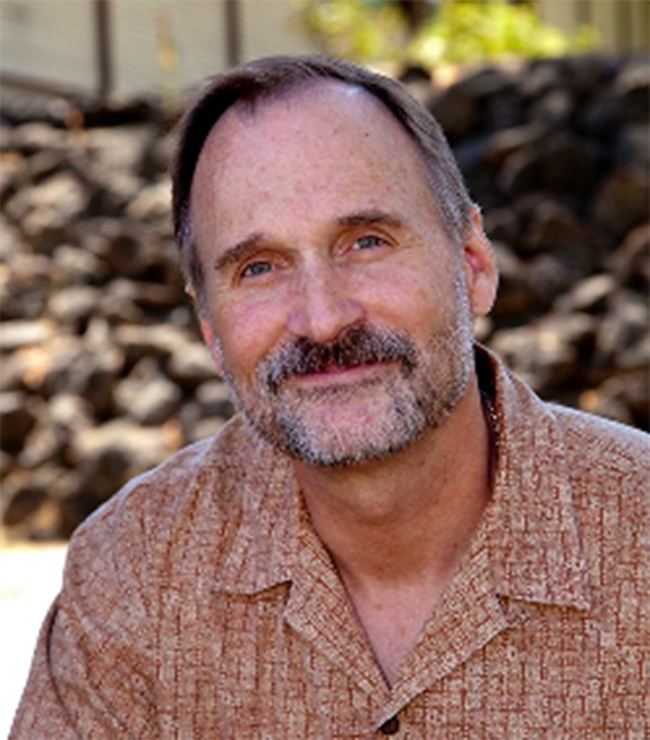
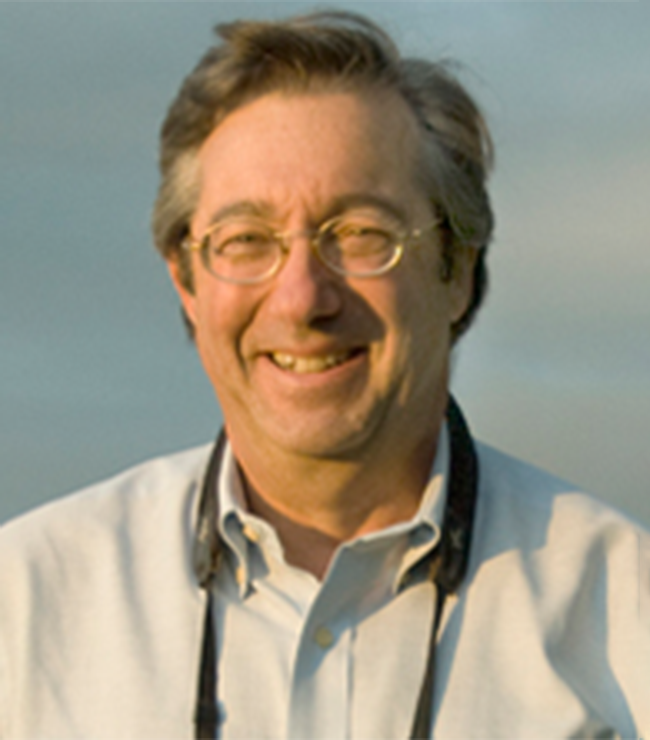
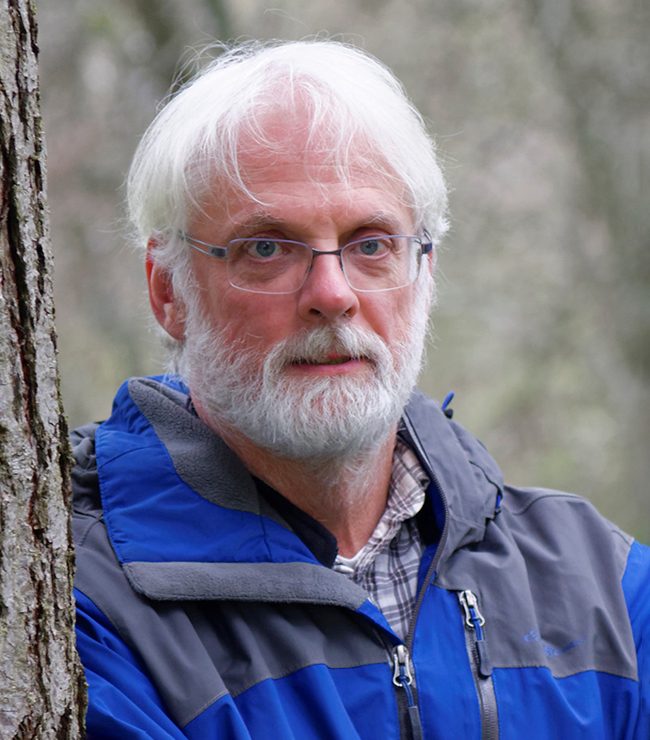
Future panels will hear from community leaders to discuss real solutions shaped by decades of experience across the globe, and to address barriers to achieving these solutions.
In 2020 in Oregon, megafires burned 1.3 million acres (twice the annual average of the last decade), destroyed over 4,000 homes, killed nine people, forced 1 in 8 Oregonians under evacuation orders, and caused over 40,000 actual evacuations. The immediate costs to the public are estimated at over $1 billion. The price tag to Oregon after FEMA aid will be over $300 million–$85 million of which will be paid by local communities. This does not include private property or long-term damage, which are 10-30 times near-term expenses. And it is estimated that more than 2 million Oregonians–half the state’s population–live in what’s known as the “wildland urban interface,” placing them at high risk for future wildfire impact.
About the Wildfire Summit
Wildfire ravaged much of Oregon and the western United States in 2020. Towns were destroyed, homes and businesses evacuated, forests incinerated, and lives lost. As wildfire impacts broaden, so has the coalition of parties seeking solutions. Small town mayors and tribal leaders, experts in public health and social justice, CEOs and scientists are speaking up. Viewers will hear from experts and community leaders to understand the full impacts of megafires on our state and our region; discuss real solutions shaped by decades of experience across the globe; and address barriers to achieving these solutions. This free public series is for anyone who cares about the health of our society, our environment, or our economy.
